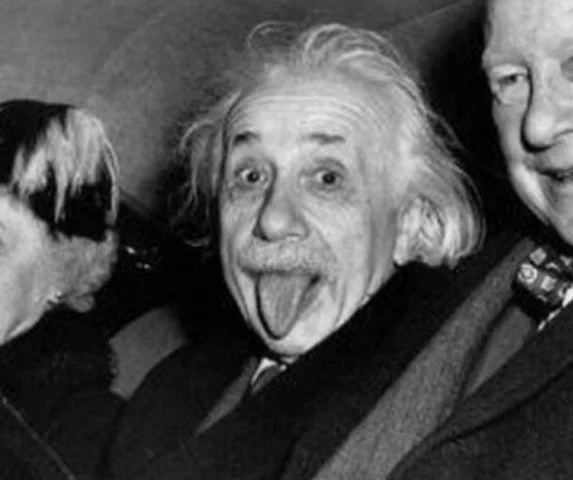I’ve been struggling lately with the term, “expert.” I see a lot of Instagram accounts advertising expertise in areas of relationships, sex, personal growth, spirituality, fitness and nutrition, and even psychedelic-assisted therapies, and I’m struck by some questions: “What constitutes being an expert?” “Who decides who the experts are—the practitioner(s) or the people experiencing that practitioner’s skill?” And “Who are we trusting to lead us in these very intimate and important areas of our lives?”
When someone claims expertise in a particular area, my first task is to dig into their credentials, their training, their years of experience in that field, and to investigate how their profession is regulated; meaning are there regulatory bodies that govern ethics, formulate policies, and evaluate and maintain laws and member’s adherence to these laws. These are just a few areas that are important to me. I’m consistently stunned to often see no mention of any licensure or credentialing at all, and often very little in terms of education, including continuing education, training, supervision, years of practice in the field, or anything else that, in my mind, would constitute “expertise.”
So, what gives? Is it simply being skilled at IG soundbites and a creative TikTok feed? Is that really all it takes?
There are some great memes on social media leading us all down seemingly very positive, empowering, motivational, and challenging paths—but where are they coming from? Are they coming from people who’ve done their own growth work in those areas—combined with having the education, training, and true expertise to promote these ideas from a grounded, embodied perspective? And does it matter? Do these advice memes recognize that humans are not simply “just do it” NIKE consumers that can heal deeply embedded emotional/psychological wounds through choosing a new belief structure or force-feeding positive quotes?
Maybe we should consider that people are making choices and using strategies—conscious or not—based on deeply engrained neural wiring that had an original purpose to protect their wounded psyche and doing the emotional work to rewire those neural constructs is foundational for creating change.
I liken some of the social media style experts to 20-somethings offering fitness advice. They look pretty, so let’s follow them.
Personally, I appreciate fitness trainers who are in their 40s, 50s, and older, when maintaining physical fitness isn’t happening due to natural hormonal surges, when testosterone and growth hormone have naturally declined, maybe people have had a child or two and they’re learning how to balance family, career, and life, and are sharing expertise on how to integrate fitness as a life practice. (I’m not suggesting that all trainers should be in their 40s and 50s, but please understand that at 23, no one is an expert at understanding the complex physiology, neurobiology, and lifestyle of a 50 yr. old).
Likewise, just because someone presents some well-intentioned self-help on an attractive IG platform doesn’t mean they have the necessary underpinnings of actual expertise to be speaking to your particular emotional or psychological concerns.
Have you heard the term, “well-meaning?” Have you considered the potential damage from someone who is well-meaning? It can seem counterintuitive, right? If a person’s intention is good, that should be a good thing, right? And yet…
Consider this:
Someone who has good intentions, but hasn’t done the deep work of deconstructing personal biases, isn’t trained in theories, models, and the history and practices of psychology, doesn’t have comprehensive knowledge of emotional/psychological/neurological development, doesn’t have a trauma-informed perspective, doesn’t have the accountability of a regulatory body, doesn’t understand and have practices to support working with transference and counter-transference, doesn’t understand gender-responsive care, isn’t trained in family systems, attachment theory, family of origin dynamics, doesn’t understand privilege or toxic positivity, and believes that “therapy” or “coaching” is about giving good advice and having “been there themselves…” IS GOING TO DO DAMAGE—most often, unconsciously. It’s frightening to see how pervasive this type of process occurs, and it can lead to a perpetuation of trauma. I believe this is happening in subtle ways CONSTANTLY with our current trends in social media influencers touting their advice.
Let’s be very clear here... personal experience does not an expert make! I see online accounts of people sharing a personal journey in an area of personal, relational, sexual, or spiritual growth and believe that this is ground enough for them to foundationally support others on a similar path. People sometimes do weekend trainings through their church to support couples, or some training course that has a one-dimensional vantage of a complex life dynamic, and because there is no one regulating them, they begin charging others hundreds and thousands of dollars to be their coach or mentor. Some people become coaches or get an online certification overnight!
I recently heard about a “Body Positivity Influencer” charging $600 per session and upon investigating her training and credentials, she had ZERO. Her own experience, in her estimation, was apparently enough to warrant charging triple what most trained therapists who specialize in body dysmorphia or eating disorders would charge. And these trained psychotherapists often have upwards of 3-4 years of graduate school, ongoing education, supervision, credentialing in their specialty, licensure, a regulatory body with ethical guidelines; beyond having dedicated years of their lives and massive financial commitment to their personal growth and professional development.
Is there danger in this phenomenon? Some might think, “Who cares? If they’re good at what they do, what does it matter if they have training?”
Here’s why training, education, governance, and ethics matter:
Number one – people can harm one another when they are practicing outside of their scope of knowledge and training. Consider a brain surgeon who’s just “intuitively skilled.” Would you trust them? And yet, do you trust people who are practicing in these areas of life that are just as important, who don’t have formal, or have very limited, training? —And sometimes this training isn’t even from an accredited institution.
The number one ethic in fields related to mental health is this:
Non-maleficence—DO NO HARM
You might ask, “How would someone do harm when they’re just talking? …When they’re just “giving advice’?”
(And btw, therapy is almost NEVER about “giving advice.” – can I make that clearer? So, when your hair stylist says something like “I’m just like a therapist because people share their deepest secrets with me and I just listen and ‘tell it like it is,’ that is like a 2 yr. old playing with Thomas the Train saying he’s just like a real train conductor).
An unskilled, untrained practitioner may (and often does) make recommendations that ultimately have people feeling as if they should simply be able to think about things differently, have different automatic reactions to upsetting situations, dismiss natural and necessary feelings or maladaptive protective mechanisms that cannot simply be “let go,” or that understanding someone else’s projection of why they behave a certain way or their path toward change, should in fact, lead to change.
There are reasons we’ve developed the strategies that we have, the defense mechanisms, the emotional habits, and the stories and perspectives. And just like reading a fitness book doesn’t automatically have us in a new body, reading a book on psychology or relationships, or choosing to do a daily gratitude practice (for example) doesn’t automatically change our nervous systems. When we have an “I should” mentality, internalizing shame, or embarrassment about a particular emotional habit, without compassion, understanding, or co-regulation from an attuned and self-regulated nervous system, and the actual safety and collaboratively designed pathway toward change, we can remain trapped in subtle trauma responses. In other words, we do not heal.
So how do we differentiate the true experts from the influencers who should be focusing on their own paths of personal growth versus charging hundreds, if not thousands, of dollars to their followers in areas where they lack training?
Having dug through some definitions of becoming an expert from... well, the experts, one of the most well-known psychologists specializing in peak performance, Anders Ericsson, a professor of psychology at Florida State University, states that it is sometimes around the 20,000- to 25,000-hour mark that people become true experts or masters of their craft. And while the practice hours are an essential aspect of expertise, deliberate practice “outside of one’s comfort,” pushing the boundaries of current skill where novel challenges and hence, growth, occur, is a requisite path of one who desires to be called an expert. Of course, the irony here is that any true expert more than likely understands that the more we know, the more we recognize how little we know... so calling oneself an expert is absurd. As Dr. Gabor Maté recently stated in an interview, “Now that I’m 79, I would not want to be so young and stupid as when I was 78.”
The world is learning that mental health, personal growth, spiritual paths, relational practices, connectedness, and these bodies we inhabit are foundational to our sense of joy, aliveness, and a life well lived. Let’s be intentional and well-educated about who we ask to help us hold, guide, and expand these foundational aspects of life and love.
For the Love of your Life
Angie


